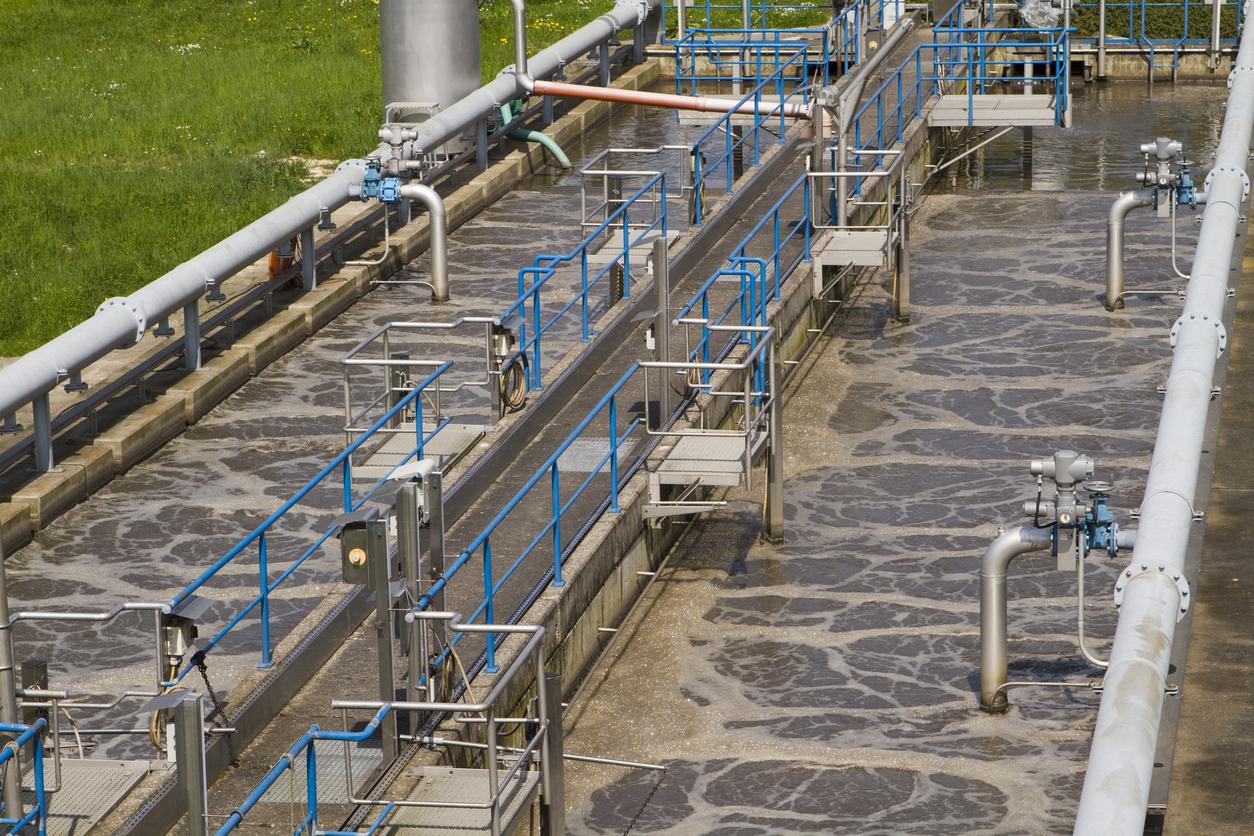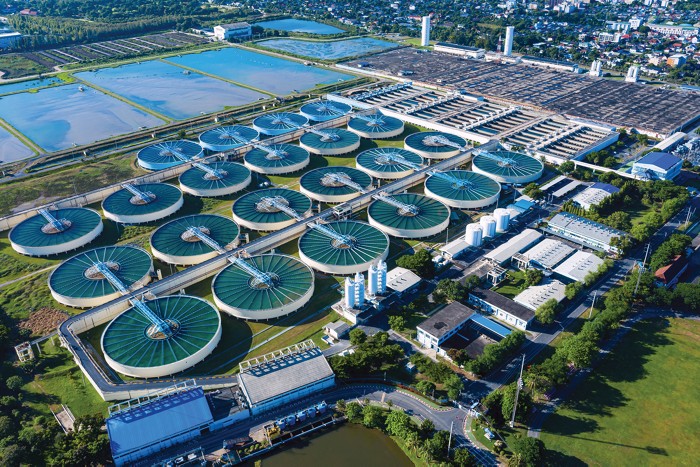A program led by a consortium of Ontario universities that monitors wastewater to gauge COVID-19 activity is being expanded to also track influenza.
The province has contributed an additional $18.7 million to extend the COVID-19 Wastewater Surveillance initiative through March 2024.
“Most people are vaccinated against COVID-19. They are either not getting tested for COVID or are testing at home.
With reduced public reporting of cases, conventional surveillance methods for tracking the spread of SARS-CoV-2 are now unreliable,” said Chris DeGroot, the program’s lead investigator and assistant professor in the department of mechanical and materials engineering at Western University.
“Wastewater surveillance can offer accurate insights into the community prevalence of COVID and other respiratory viruses, especially when it is combined with clinical data.”

Launched in response to the COVID-19 pandemic in 2021, the program analyzes the genetic material of SARS-CoV-2 in wastewater that is shed through human waste.
Researchers collect samples from 59 wastewater treatment plants in the province. The information derived from these samples can then be shared with public health agencies to provide insights and identify infection waves.
The decision to expand the scope to include influenza comes just as the fall flu season is set to begin. Researchers will focus on two particular strains: H1N1 and H3N2.
These strains typically account for the majority of Ontario’s yearly flu outbreaks. Early detection of them can help prevent outbreaks by targeting public health interventions like immunization, according to researchers.
“With the additional funding for research projects, my team is now studying how viruses are transported within wastewater systems and how that affects our estimates of prevalence in the community,” said DeGroot.
Work is also being done to enhance the accuracy of the data by developing new collection models that can account for complicating factors at treatment plants such as increased stormwater flows.
